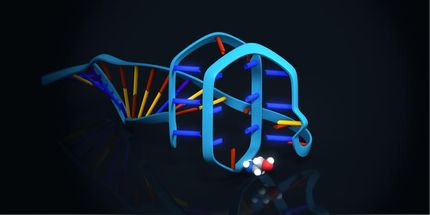22 million Euro funding for the German Competence Network in Systems Biology
January 2007 marked the beginning of the second funding period of HepatoSys, the systems biology Competence Network initiated by the German Federal Ministry of education and Research (BMBF). The long-term objective of this project is to generate mathematical models capable of reconstructing physiological processes of liver cells "in silico". The meaning of this to researchers in Systems Biology is the development of computer-based models on the basis of experimental data.
In the first funding period, scientists focused on developing the interdisciplinary network groups. Within Germany, they connected more than 30 working teams. The working methods had to be standardized and are now accessible to all members in the form of standardized protocols. In addition to that, the HepatoSys members working either in theoretical or biological research, draws together on a data management system tailored to their special needs. Thus, every researcher has easy access to all data and models developed and compiled within the network, a valuable source of new insights and synergies.
As the organizer of the Conference for Systems Biology of Mamallian Cells (SBMC), HepatoSys first attracted international attention in 2006. More than 300 participants from 16 countries had the opportunity to listen to talks of experts in Systems Biology and to learn about promising first research results of the competence network for liver cells. Subsequently, the Federal Ministry of Education and Research decided to budget 22 million Euros to fund the initiative for another three years.
Prof. Jens Timmer, physicist at the University of Freiburg, Germany, and scientific speaker of HepatoSys, is pleased that the initiative has been extended: "Now we have all the structures available which are essential for interdisciplinary collaboration in Systems Biology. In the coming three years, research will be the centre of attention. We are looking forward to this task and hope for early insights regarding the model system liver cell."
Most read news

Get the analytics and lab tech industry in your inbox
By submitting this form you agree that LUMITOS AG will send you the newsletter(s) selected above by email. Your data will not be passed on to third parties. Your data will be stored and processed in accordance with our data protection regulations. LUMITOS may contact you by email for the purpose of advertising or market and opinion surveys. You can revoke your consent at any time without giving reasons to LUMITOS AG, Ernst-Augustin-Str. 2, 12489 Berlin, Germany or by e-mail at revoke@lumitos.com with effect for the future. In addition, each email contains a link to unsubscribe from the corresponding newsletter.























































